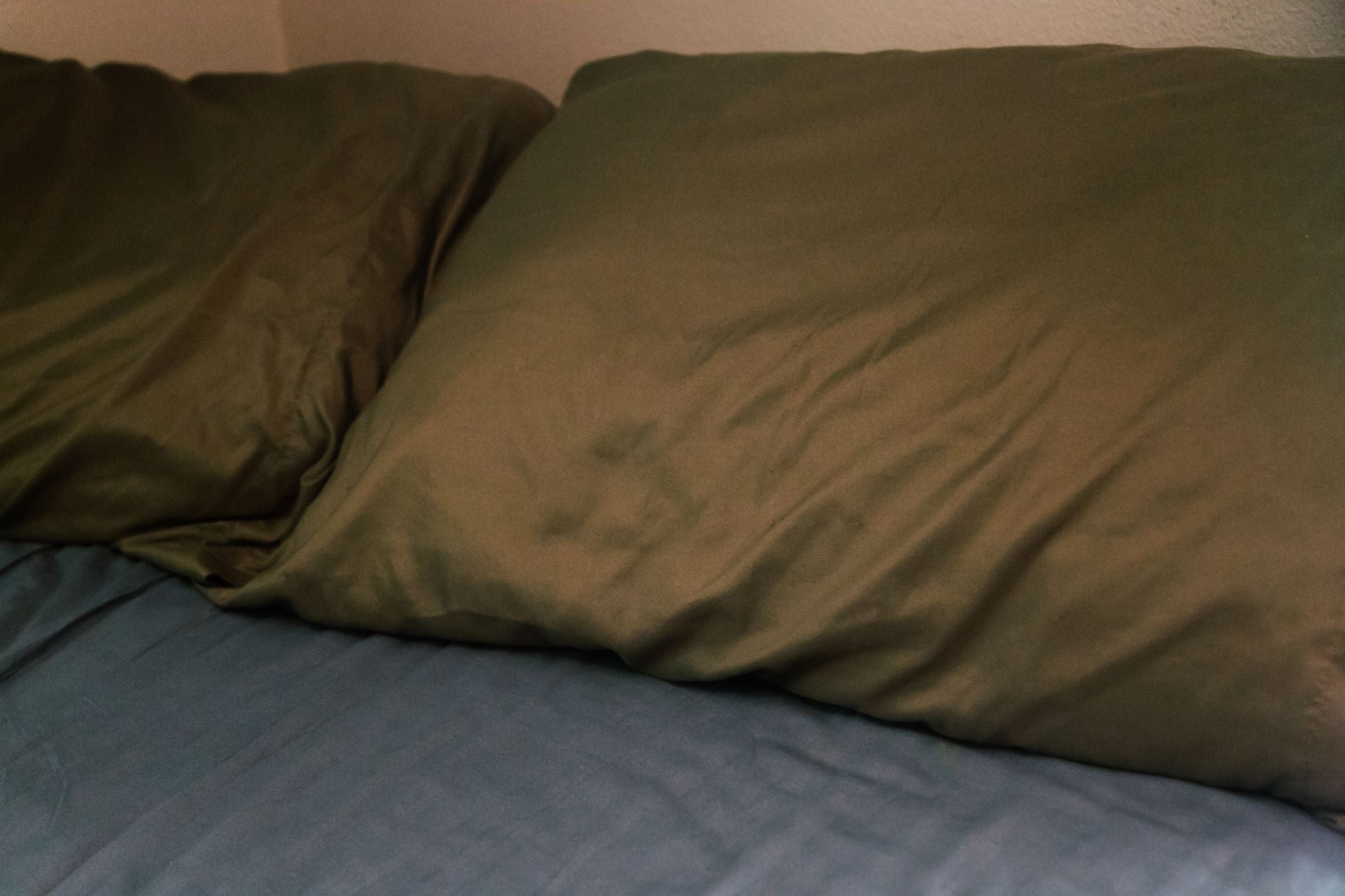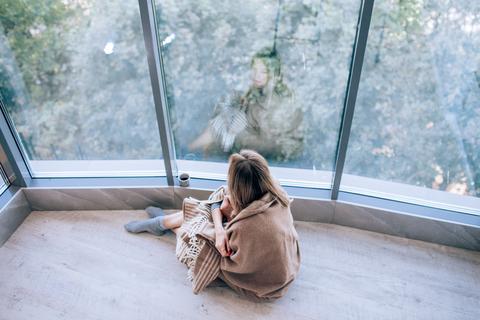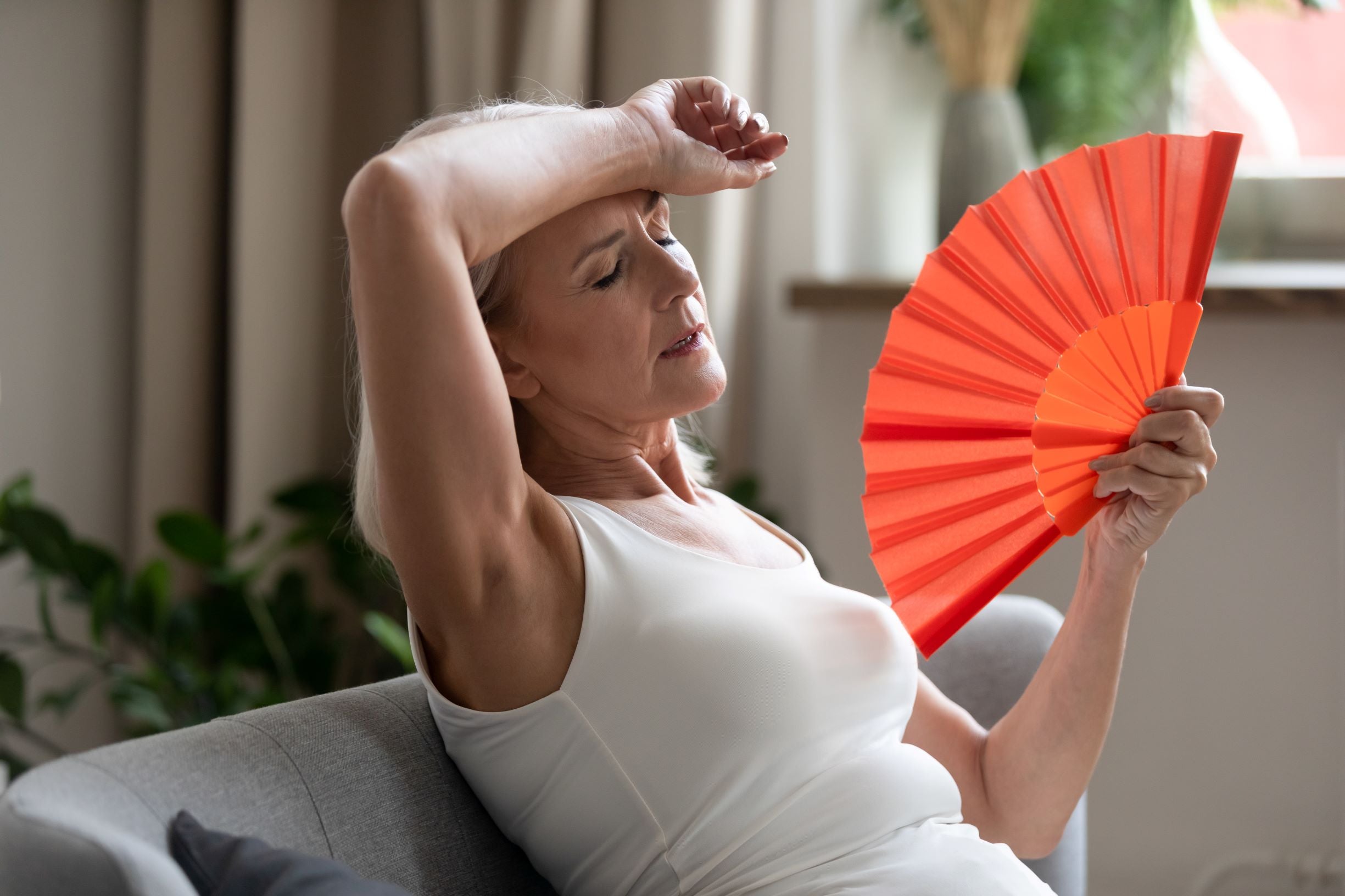
How to improve your night time routine
Having a night time routine is absolutely critical to an overall happy life, and that is not an exaggeration my friend.
You may know this already and may even have had getting more sleep as a new year (or daily) goal.
After all, sleep is essential to maintaining your physical and mental health and well being but fewer people are getting an adequate amount of sleep (a third of us get by on as little as five to six hours a night).
While around seven to eight hours of sleep per night is considered the norm, don’t get too hung up on the number. Yes it’s important to ensure you get enough but it’s also about the quality of sleep you get. Some of us function perfectly fine with six or six and a half hours a night whereas those who get eight still feel sleepy and want more! Check out recommended sleep times for each age here.
[source]

How a bedtime routine will change your life
The process of going to sleep is based on behaviors, and disruptions in your bedtime routine may lead to difficulty falling asleep (also known as insomnia). While many people have a process for putting kids down - with brushing teeth, no more TV and reading and book - this is often not done for adults. Yet adults ALSO need a routine for sleeping well. [source]
Practicing certain routines can make the transition easier and also improve your rest.
We’ll get into specific bedtime routine ideas in a moment.
A sustainable adult bed time routine sets the pace for a good night’s sleep-- in this blog, we will provide insights into:
- The benefit of a healthy sleep routine
- How to create a healthy bedtime routine
- Mustering a good nighttime skincare routine
What is the best bedtime routine for adults?
Just as children are read books like Good Night Moon, we need this as grown ups, too. Daily sleep rituals prior to going to bed to facilitate our minds & prepare them for (oh so restful) sleep. Aim to engage in activities which relax you, since sleep in itself IS a quiet & relaxed state.
To the contrary, activities like high intensity aerobic exercise, playing video games and watching stimulating television will have the opposite effect, riling you up & activating your brain cells.
(So watching The Walking Dead may not be prime activity pre-sleep!)

The ideal situation is to focus on quiet sleep rituals help ease this transition, preparing us mentally and physically for sleep.
[source]
How to have the best night time routine
Having healthy sleep habits can make a world of difference in your quality of life. According to the Sleep Foundation, this is referred to as sleep hygiene - like taking showers daily but letting brain wash away day and reset for next one.
Here are powerful ways to have the best night time routine possible:
- Stick to a sleep schedule of the same bedtime and wake up time, even on the weekends. Being consistent will help regulate your body’s clock. Not only are you likely to sleep through night, you may even start waking *gasp* without an alarm!
- If you have trouble sleeping, avoid naps, especially in the afternoon. Power napping may help you get through the day, but if you find that you can't fall asleep at bedtime, eliminating even short catnaps may help to get to sleep at better time of night. At very least, perhaps shorten up the naps to be quick 15 minutes rather than 45 minutes or longer.
- Exercise daily. Vigorous exercise is best, but even light exercise is better than no activity. By releasing energy in morning, this can get body fueled with endorphins throughout day and then ready for bed by night. If workout too close to bed, too much energy can keep rippling through body and make it hard to snooze.
-
Reassess your bedroom. Design your sleep environment to establish the conditions that are going to truly maximize you feeling at rest in your room. Your bedroom should be cool and comfortable (often the warmer a room, the harder it is to fall asleep). Also assess what colors make you feel most relaxed - such as light blues or greys. Bright reds can trigger the brain into fight or flight mode which is not ideal for sleep.

- Eliminate these two elements, if possible. It’s ideal to have quiet so if that’s not possible, earplugs shall be your good friend. Finally, have a bedroom free from any light. For each of these elements, consider using blackout curtains, eye shades, ear plugs, "white noise" machines, humidifiers, fans and other devices.
- Sleep on a comfortable mattress and pillows. Make sure your mattress is comfortable and supportive. The one you have been using for years may have exceeded its life expectancy – about 9 or 10 years for most good quality mattresses. Have comfortable pillows and make the room attractive and inviting for sleep but also free of allergens that might affect you and objects that might cause you to slip or fall if you have to get up during the night.
- Avoid alcohol, cigarettes, and heavy meals in the evening. Alcohol, cigarettes and caffeine can disrupt sleep. Eating big or spicy meals can cause discomfort from indigestion that can make it hard to sleep. If you get hungry close to bedtime, opt for a light snack, such as pumpkin seeds or a fruit smoothie. (Plus, these have great vitamins for your skin - like Vitamin C.)
- Wind down. Your body needs time to shift into sleep mode, so our recommendation is taking the last hour before bed doing a calming activity such as reading - preferably a real book rather than off a phone which has bright lights. *And that way you don’t see texts popping through that have your brain rushing to To Do lists*.
- If you can't sleep, go into another room and do something relaxing until you feel tired. While it may be tempting to bring that laptop into bed or a work stack onto pillow, by going into another room it mentally will start to distinguish work areas from your relaxing areas.
- Consult with a professional - like your doctor or to find a sleep professional. There could be something else at play that your body or mind needs, which is important to have looked at.
[source]
How your self-care time can act as bed time routine
When finding rituals, think about what you do to get ready for bed already.
For example, brushing your teeth, really notice the bristles and clean feeling after.
Treat your skincare routine as a decadent time to pamper yourself versus a “ugh I have to do this” activity.
In addition, when you feel skin feeling so good, it can help you feel great getting into bed. Plus, here’s something surprising to know. During the night, your skin actually absorbs the nutrients in your products better than during the daytime, according to Parvaneh Rafaeloff, MD, medical doctor at Le Jolie Medi Spa. "Additionally, there aren't environmental stressors at night (like environmental pollution and sun damage) while you sleep; products are able to better penetrate when you're not wearing makeup while you sleep and the skin can breathe," she adds. [source]
Here are a few things you can adopt into your bedtime routine from a skin self pampering perspective :

-
Remove makeup with intention
Use wipes or pads and take this time to work on your skin with a gentle massage, intentional with each movement.
Avoiding products with fragrances and toxic ingredients as much as you possibly can, again - how can you make the act of cleansing a loving treat to your skin?


